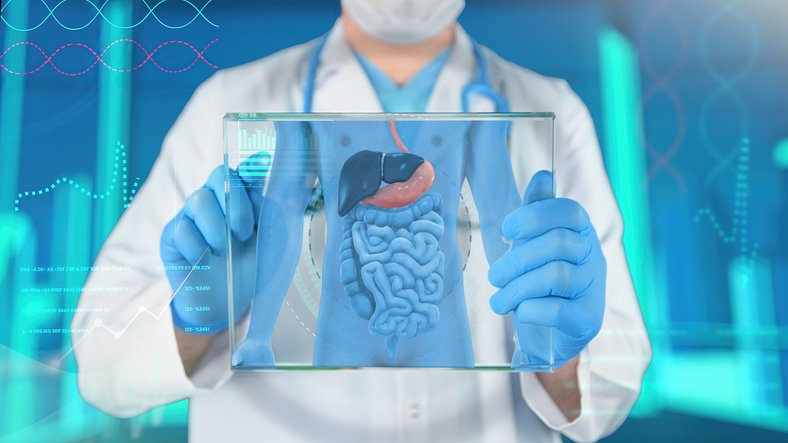
Whole-Person Healing: Navigating Pancreatic Cancer with a Holistic Approach
What is Pancreatic Cancer
Pancreatic cancer is a type of cancer that affects the pancreas, which is a gland located behind the stomach and in front of the spine. The pancreas plays a vital role in the digestive system by producing enzymes that help break down food and hormones that regulate blood sugar levels. Pancreatic cancer occurs when abnormal cells in the pancreas grow and divide uncontrollably, forming a tumor. It is a serious and often deadly disease, as it can be challenging to detect in its early stages and typically spreads quickly to other parts of the body.

Lung Cancer and the Benefits of Holistic Strategies
What Do Our Lungs Do?
Our lungs are responsible for bringing oxygen into our bodies and eliminating carbon dioxide from our blood. They also help control the acid-base balance in our body, regulate blood pressure, and produce hormones that help regulate metabolism and growth. In addition to these critical functions, our lungs protect us from infectious diseases. The lining of the lungs contains cells that fight off bacteria, viruses, fungi, and other organisms that can make us sick.

Supporting Your Cancer Journey on a Budget
As a cancer survivor, you know that taking steps to support your health is essential to maintaining your overall well-being. But if you’re living on a tight budget, it can be difficult to afford the necessary resources. This blog post will discuss practical tips for supporting your health without breaking the bank.
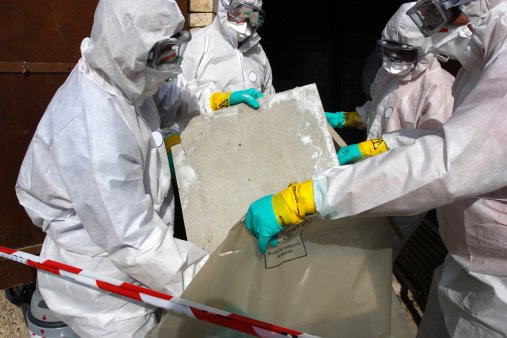
Guide to Mesothelioma, Detoxifying, and Taking Care of Asbestos in Your Home
In the era of do-it-yourself home renovations, many homeowners are knocking down ceilings and walls and tearing out floor tiles and old pipes. But in their efforts to upgrade and beautify their older homes, they might unknowingly contaminate the air they breathe with toxic asbestos fibers.
This article offers information about asbestos, its dangers, what to do if you suspect it's in your home, the dos and don'ts when handling asbestos, and other helpful information to keep you, your family, and others safe in your home.
After years of exposure to those fibers, people may develop cancer known as mesothelioma, which forms tumors on the lining of the lungs, abdomen, or heart.
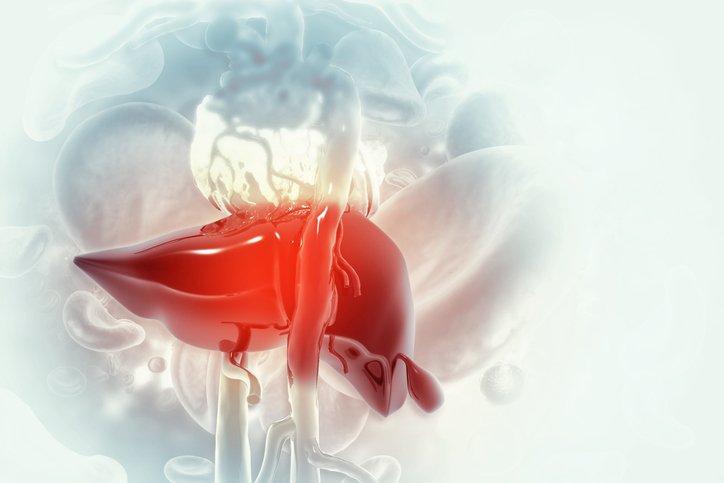
Loving Your Liver throughout Your Cancer Journey
The Liver: An Essential Organ for Good Health
The liver is an incredibly resilient and vital organ. It helps our bodies detoxify, break down food, and store energy. In short, it is one of the most integral parts of our health. So let's look closely at what the liver does and why it's so important.
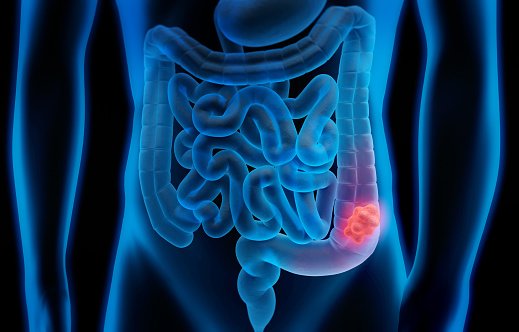
Colorectal Cancer: How to Support Your Body Naturally
Colorectal cancer will affect 1 in 23 men and 1 in 25 women in their lifetime. It is one of the most common forms of cancer and one of the most common causes of cancer-related deaths in the United States (1, 2, 3). Colorectal cancer is clearly a serious issue that we need to talk about,
Today, I want to explain everything you need to know about colorectal cancer. You will learn what colorectal cancer is. You will learn about the signs and symptoms of colorectal cancer, the risk factors of colorectal cancer, and the underlying causes of colorectal cancer. You will learn about colorectal screening, diagnosis, and conventional treatment options for colorectal cancer. Finally, I will share my favorite strategies to support your body naturally. Read on to learn how to reclaim your health.

Breast Cancer: Everything You Need to Know + Natural Strategies
Breast cancer is a diagnosis most women and men fear and nobody wants to hear. Breast cancer is a common form of cancer that affects the cells of your breast and makes them grow out of control. Fortunately, regular self-examination and early diagnosis can improve your chance of successful recovery. Furthermore, a healthy diet, lifestyle, and other natural strategies can support your health and well-being to reduce risks and support recovery.
In this article, you will learn what breast cancer is. I will discuss the different types of breast cancer. You will understand the symptoms of breast cancer. I will explain the connection between BRCA gene mutations and breast cancer. You will learn about the role of vitamin D in breast cancer. I will discuss the risk factors and root causes of breast cancer. You will learn about the importance of self-examination and early diagnosis. You will learn about diagnosis and conventional treatment options. I will also offer my favorite natural strategies for breast health and well-being.
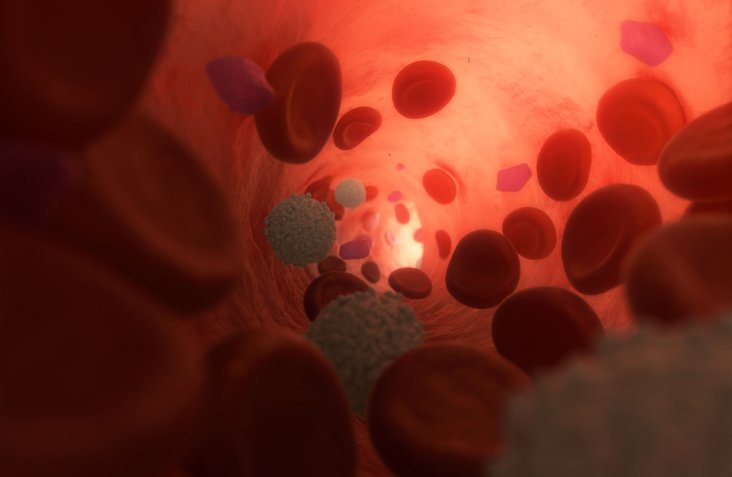
Blood Cancer: Leukemia, Lymphoma, and Multiple Myeloma
Blood cancer is a type of cancer that affects your blood. It is responsible for almost 10 percent of all cancers (1). The most common types of blood cancers include leukemia, lymphoma, and multiple myeloma. Though receiving a diagnosis of blood cancer can be scary. Fortunately, you can support your health and recovery through natural options, including diet, lifestyle choices, and supplementation.
In this article, I want to talk about blood cancer. You will learn what blood cancer is. I will go over the types of blood cancer, including leukemia, lymphoma, and multiple myeloma. I will go over the common symptoms of each type of blood cancer. You will learn about the risk factors for blood cancer and common underlying root causes of blood cancer. You will learn about diagnosis and conventional treatment options for blood cancer. Finally, I will discuss some natural options to support your health.

Cancer: How to Support Your Body Naturally
Cancer. It’s a word none of us wants to hear, especially not at the doctor's office. Yet, 1 in 3 people is or will be affected by cancer in the United States. All of us know someone who has, had, or has died from cancer. I still remember receiving my stage 2 cervical cancer diagnosis on March 8th, 2008. It wasn’t a happy day. But I decided to take my health into my own hands. I made some significant changes in my life and today, I’m healthier than ever. (Read my story here.)
So what can you do about cancer? How to support your body to reduce your risk of cancer? How to support your recovery if you do get cancer? How to become a health warrior cancer-thriver? In this article, I will cover that.

How Phytoestrogens Behave in Estrogen Positive Breast Cancer
What are Phytoestrogens
Phytoestrogens are estrogens that are derived from plants and have a structure similar to human estrogen. Phytoestrogens can bind to estrogen receptors (ERs) in the body. Because of this, there is interest in using them as cancer preventives and therapies, particularly for estrogen-positive breast cancer. There are three main types of phytoestrogens: isoflavones, lignans, and coumestans. Isoflavones are found in soybeans and soy products. Lignans are found in flaxseed and flax oil and some fruits, vegetables, and whole grains. Coumestans are found in alfalfa and clover.